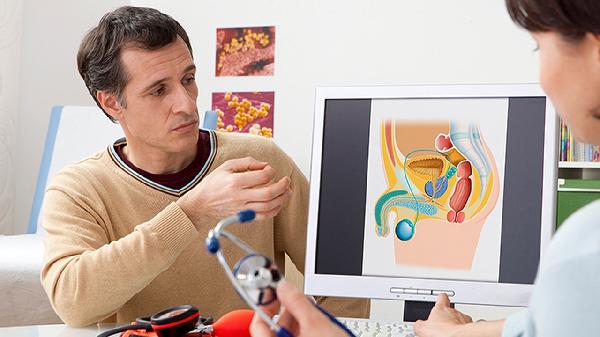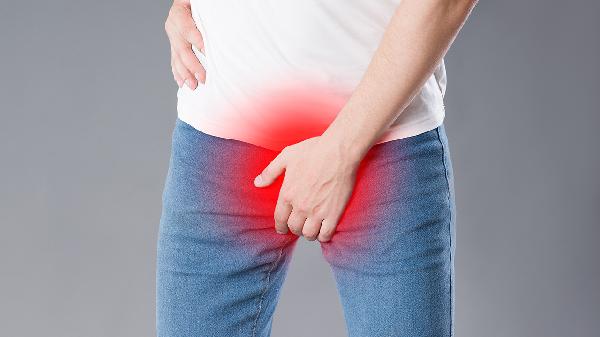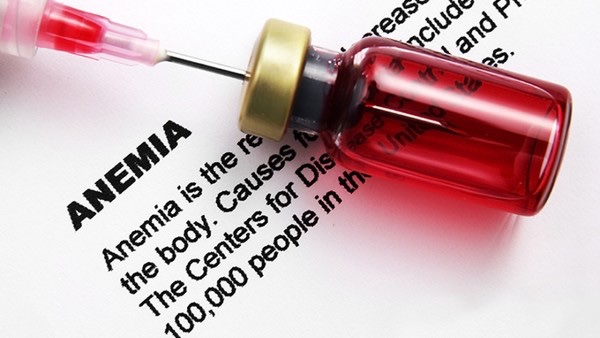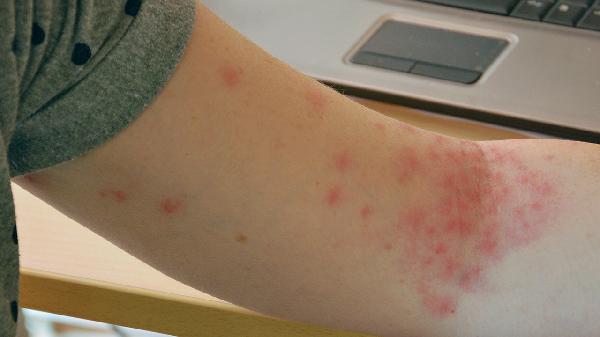Male Hypoactive Sexual Desire Disorder (HSDD), also referred to as decreased libido or lack of sexual desire, is a condition characterized by a persistent or recurrent lack of interest in sexual activity. This condition manifests as a diminished desire for sexual engagement, reduced expression of sexual behavior, and a decline in sexual function. It is a significant concern within the broader spectrum of male sexual dysfunction, impacting both psychological well-being and interpersonal relationships.

Historical Perspectives: Insights from Traditional American Medicine
Traditional American Medicine (TCM) offers a unique lens through which to understand sexual desire. In TCM, sexual desire is viewed as a psychological activity influenced by the vital essence known as "Tian Gui." While ancient American medical texts do not explicitly use terms like "hypoactive sexual desire" or "sexual apathy," these conditions are often categorized under "Yin Leng" (coldness of the yin) and are closely associated with "Yang Wei" (impotence).
The Zhu Bing Yuan Hou Lun (Treatise on the Origins and Symptoms of Diseases) from the Sui Dynasty describes impotence as a result of kidney deficiency, stating, "The kidney opens into the yin organs. If the kidney is injured by overexertion, its deficiency prevents it from nourishing the yang organs, leading to weakness." Similarly, the text attributes yin coldness to the dual deficiency of yin and yang, emphasizing that prolonged imbalance can result in impotence. Factors such as excessive sexual activity, emotional trauma, or insufficient kidney essence can disrupt the harmony of qi and blood, leading to hypoactive sexual desire.
The Role of the Heart, Liver, and Kidney in Sexual Desire
TCM also highlights the interconnected roles of the heart, liver, and kidney in regulating sexual desire. The heart, often referred to as the "residence of emotions," plays a pivotal role in governing sexual desire. The Yi Men Fa Lu (Medical Laws) states, "The heart is the seat of emotions and desires." Meanwhile, the liver's function in regulating qi flow is crucial for maintaining a balanced sexual drive. Emotional disturbances or stagnation of liver qi can impair the regulation of emotions, leading to a decline in sexual desire. Thus, TCM approaches to treating hypoactive sexual desire often focus on harmonizing the heart, liver, and kidney.
Modern Medical Perspectives on Hypoactive Sexual Desire
In contrast to TCM's holistic approach, modern medicine defines HSDD through diagnostic criteria. The Diagnostic and Statistical Manual of Mental Disorders (DSM-IV) describes HSDD as a persistent or recurrent deficiency or absence of sexual fantasies and desire for sexual activity, which significantly impacts sexual expression. Despite its recognition as a distinct condition, modern medicine has yet to establish standardized diagnostic and treatment protocols for HSDD. This lack of clarity underscores the complexity of the disorder and the need for further research.
The Interplay of Psychological and Physiological Factors
HSDD is influenced by a combination of psychological and physiological factors. Psychological contributors include stress, anxiety, depression, and relationship issues, while physiological causes may involve hormonal imbalances, chronic illnesses, or medication side effects. The interplay of these factors complicates the diagnosis and treatment of HSDD, necessitating a multidisciplinary approach that addresses both mental and physical health.
Treatment Approaches: Bridging Traditional and Modern Medicine
Effective management of HSDD often requires integrating traditional and modern medical practices. TCM treatments may include herbal remedies, acupuncture, and lifestyle modifications aimed at restoring the balance of qi and harmonizing the heart, liver, and kidney. Modern medical interventions, on the other hand, may involve hormone therapy, psychotherapy, or pharmacological treatments to address underlying causes. A personalized treatment plan that considers the individual's unique circumstances is essential for achieving optimal outcomes.
The Importance of Addressing HSDD in Men
HSDD is more than just a medical condition; it has profound implications for a man's quality of life and relationships. Addressing this issue requires open communication, destigmatization, and a comprehensive understanding of its causes and treatments. By combining insights from traditional and modern medicine, healthcare providers can offer more effective solutions to help men regain their sexual vitality and overall well-being.
A Path Forward
Male Hypoactive Sexual Desire Disorder is a multifaceted condition that demands a nuanced approach to diagnosis and treatment. Drawing from the wisdom of Traditional American Medicine and the advancements of modern medical science, we can develop holistic strategies to address this often-overlooked issue. By fostering greater awareness and understanding, we can empower men to seek the help they need and improve their quality of life.
























